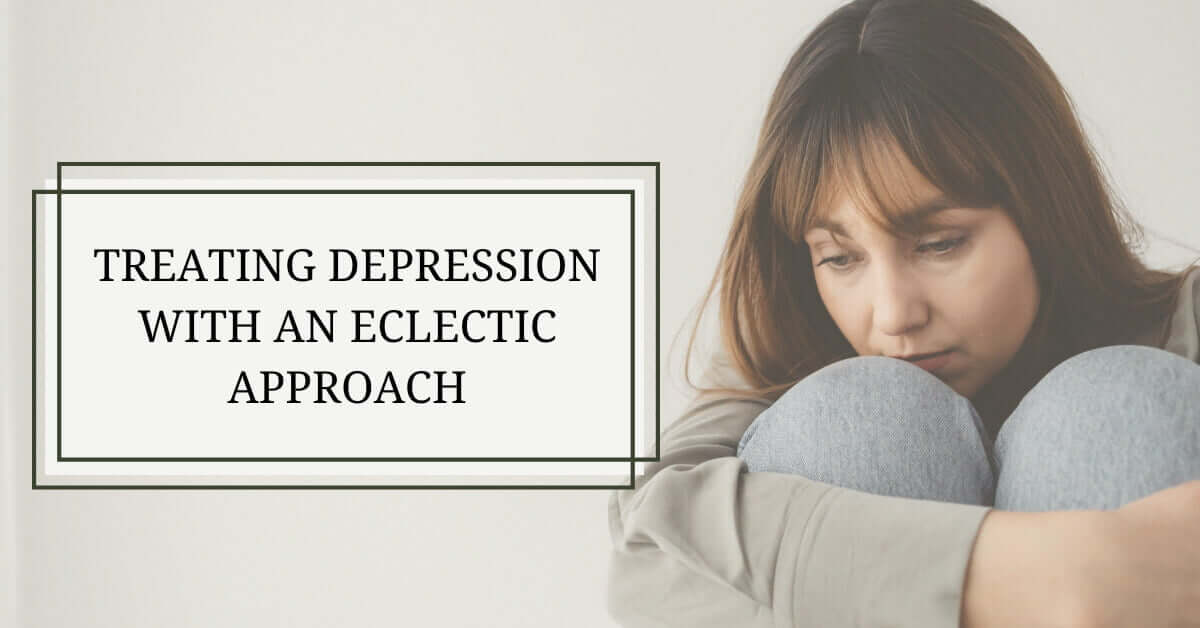As a practicing psychologist, you encounter patients grappling with the profound challenges of Depression and Chronic Depression daily. Despite your expertise, you may sometimes feel limited by conventional treatment methods and seek more effective approaches to truly make a difference in your clients’ lives.
This comprehensive guide is designed to enhance your therapeutic practice by providing in-depth insights into Depression and Chronic Depression. We’ll explore advanced treatment techniques that offer innovative and effective solutions. Equip yourself with practical skills and advanced strategies to better support your clients, foster resilience, and achieve meaningful therapeutic outcomes.
What is Depression?
Depression, or major depressive disorder (MDD), is a mood disorder characterized by persistent feelings of sadness and a profound lack of interest in activities that were once enjoyable. It affects how individuals think, feel, and handle daily activities.
Chronic Depression, also known as Persistent Depressive Disorder (PDD), is a more enduring form of depression lasting for two years or longer, marked by a chronic low mood and other depressive symptoms.
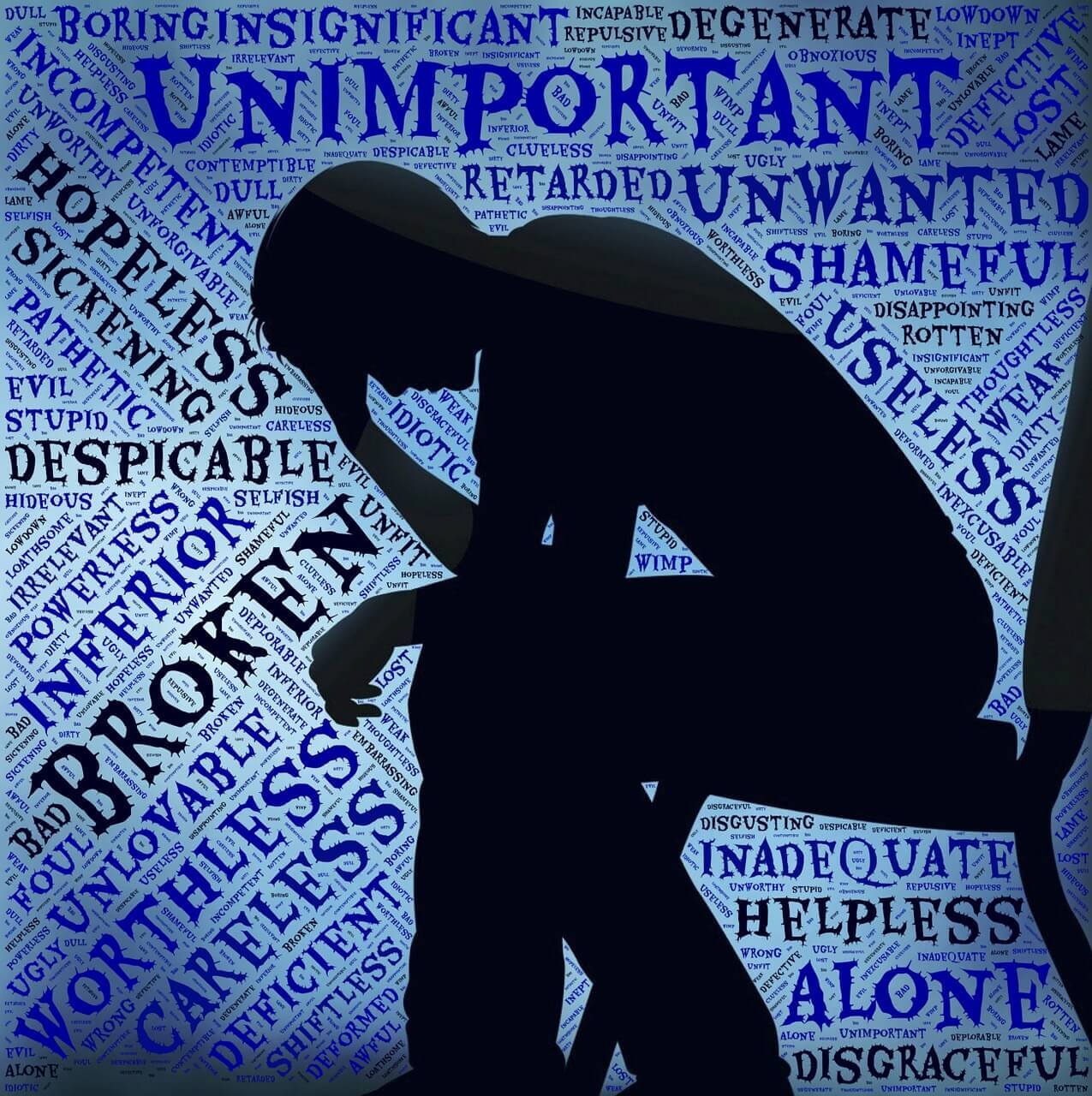
Symptoms of Depression
- Persistent Sadness: A continuous feeling of emptiness or hopelessness.
- Loss of Interest: Decreased interest or pleasure in activities once enjoyed.
- Fatigue: Persistent tiredness and a lack of energy.
- Cognitive Impairment: Difficulty concentrating, making decisions, or remembering things.
- Physical Symptoms: Changes in appetite, weight gain or loss, sleep disturbances, and physical aches and pains.
- Emotional Distress: Feelings of worthlessness, excessive guilt, or thoughts of self-harm or suicide.
Symptoms of Chronic Depression
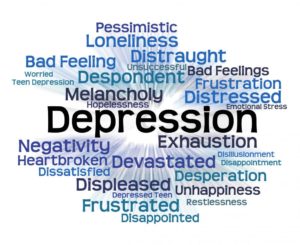
- Long-term Sadness: Symptoms that persist for two years or more.
- Ongoing Fatigue: A continuous lack of energy or motivation.
- Low Self-Esteem: Chronic feelings of inadequacy and hopelessness.
- Persistent Cognitive Issues: Long-standing difficulty in concentration and decision-making.
- Continuous Physical Symptoms: Long-term issues such as sleep problems and digestive issues.
Causes of Depression
Depression and Chronic Depression arise from a complex interplay of genetic, biochemical, environmental, and psychological factors:
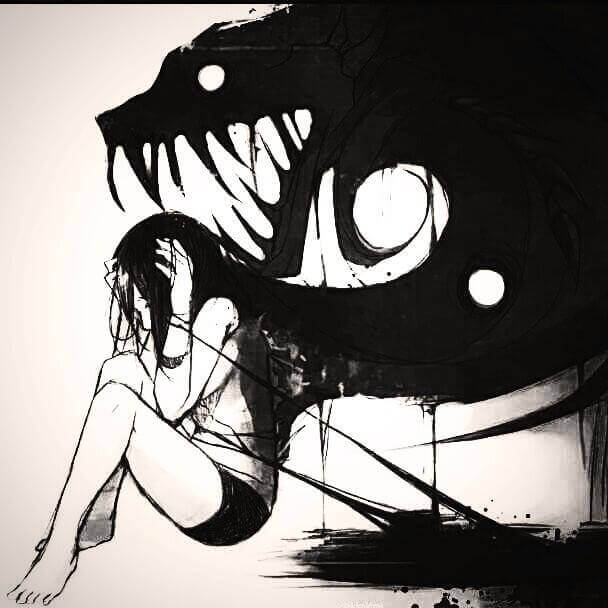
- Genetic Factors: A family history of depression increases susceptibility.
- Biochemical Factors: Imbalances in neurotransmitters like serotonin and dopamine affect mood regulation.
- Hormonal Changes: Fluctuations during pregnancy, menopause, or thyroid issues can contribute to depression.
- Medical Conditions: Chronic illnesses such as heart disease, cancer, and neurological disorders can exacerbate depressive symptoms.
- Trauma and Stress: Early childhood trauma, substance abuse, and significant life changes can trigger or worsen depression.
- Socioeconomic Factors: Low socioeconomic status and social isolation impact mental health.
Types of Depression
- Major Depressive Disorder (MDD): Severe symptoms that interfere with daily functioning.
- Persistent Depressive Disorder (PDD): Chronic depression lasting for two years or more.
- Perinatal Depression: Includes depression during pregnancy (PeriNatal) and after childbirth (Postpartum).
- Depression Due to Medical Conditions: Associated with disorders like anxiety, OCD, and bipolar disorder.
- Substance-Induced Mood Disorder: Resulting from excessive substance use or withdrawal.
- Disruptive Mood Dysregulation Disorder: Common in children and adolescents, marked by severe temper outbursts.
- Premenstrual Dysphoric Disorder (PMDD): Severe emotional disturbances related to the menstrual cycle.
- Seasonal Affective Disorder (SAD): Depression occurring during specific seasons, typically winter.
Advanced Treatment Techniques for Depression and Chronic Depression
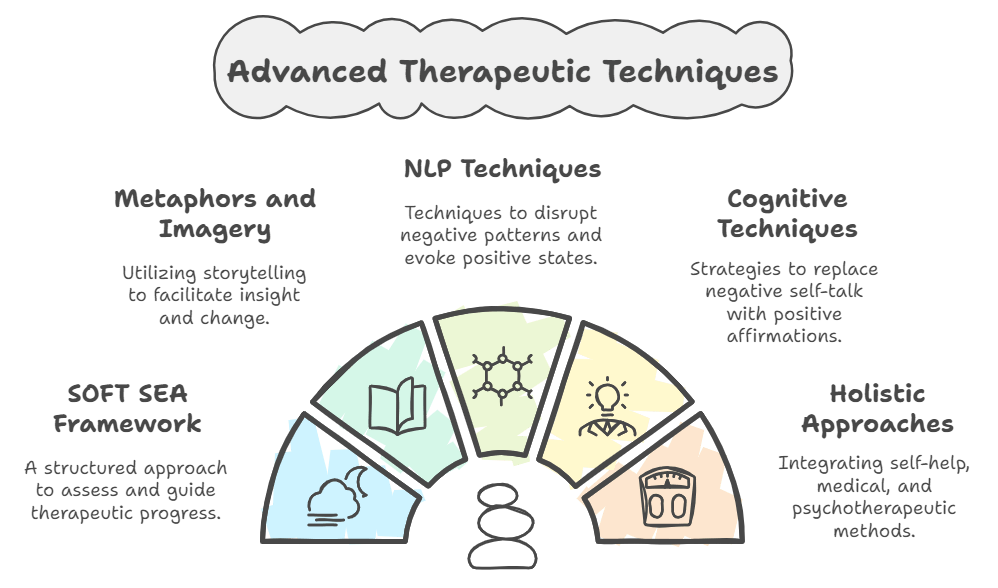
Psychologists can enhance their therapeutic practice by integrating advanced techniques from Cognitive Hypnotic Psychotherapy (CHP) and other innovative approaches. Here’s a comprehensive look at these techniques and their application:
- SOFT SEA Coaching Framework
- Situation: Assess the client’s current emotional and psychological state.
- Outcome: Define clear, achievable therapeutic goals.
- Future: Explore the client’s aspirations and desired future state.
- Tasks and Triggers: Identify specific tasks and emotional triggers affecting progress.
- Hindrances: Address thoughts, emotions, beliefs, and past experiences that hinder progress.
- Effective Change: Implement strategies to facilitate positive change.
- Suggestion/Summary: Provide summarizing feedback and actionable suggestions.
- Evaluation and Assignments: Assess progress and assign relevant tasks for continued improvement.
- Metaphors and Imagery
- Abstract Metaphor: Employ storytelling to bypass client resistance and address underlying issues.
- Revelation Metaphor: Provide new perspectives through impactful, symbolic stories.
- Introspection Metaphor: Facilitate self-reflection and insight through symbolic language.
- NLP Techniques
- Anchoring: Use physical stimuli to evoke positive emotional states, such as confidence before public speaking or calmness during stressful situations.
- Meta Model: Clarify vague language and uncover underlying beliefs and assumptions.
- SWISH Pattern: Disrupt negative thought patterns and replace them with empowering imagery.
- N-Step Reframing: Discover the positive intentions behind unwanted behaviors and develop alternative strategies.
- Time Travel: Visualize past and future events to set goals and motivate positive change.
- Re-imprinting: Transform negative memories into empowering experiences.
- Fast Phobia Cure: Address and resolve phobias through rapid dissociation techniques.
- Cognitive Techniques
- When-then Statement: Replace negative self-talk with positive affirmations and actionable steps.
- Holistic Approaches
- Self Help Strategies: Encourage exercise, maintain healthy sleep patterns, and engage in hobbies.
- Medical Help: Consider medications, light therapy, and other medical interventions.
- Psychotherapy: Utilize Cognitive Behavioral Therapy (CBT), Dialectical Behavior Therapy (DBT), and other therapeutic modalities.
- Hypnosis and Eclectic Therapy
- Hypnosis: Employ guided relaxation to access the subconscious mind and facilitate change.
- Ho’oponopono: Practice forgiveness and reconciliation using Hawaiian phrases to release guilt and foster emotional healing.
- Eclectic Therapy: Combine various approaches to address the multifaceted nature of depression, encompassing physical, mental, emotional, and social dimensions.
Conclusion
Understanding and treating Depression and Chronic Depression requires a multifaceted approach that integrates both traditional and advanced therapeutic techniques. By using an eclectic approach like Cognitive Hypnotic Psychotherapy that integrates techniques from multiple evidence-based practices, psychologists can significantly enhance their skills and provide more effective support to their clients.
Embracing a comprehensive and personalized approach will lead to better outcomes and a deeper understanding of these complex mental health challenges.
For psychologists seeking to expand their skills and explore advanced techniques, consider enrolling in internationally accredited programs like Cognitive Hypnotic Psychotherapy®. These programs offer valuable training and practical skills to enhance your therapeutic practice and support clients in their journey toward recovery.
